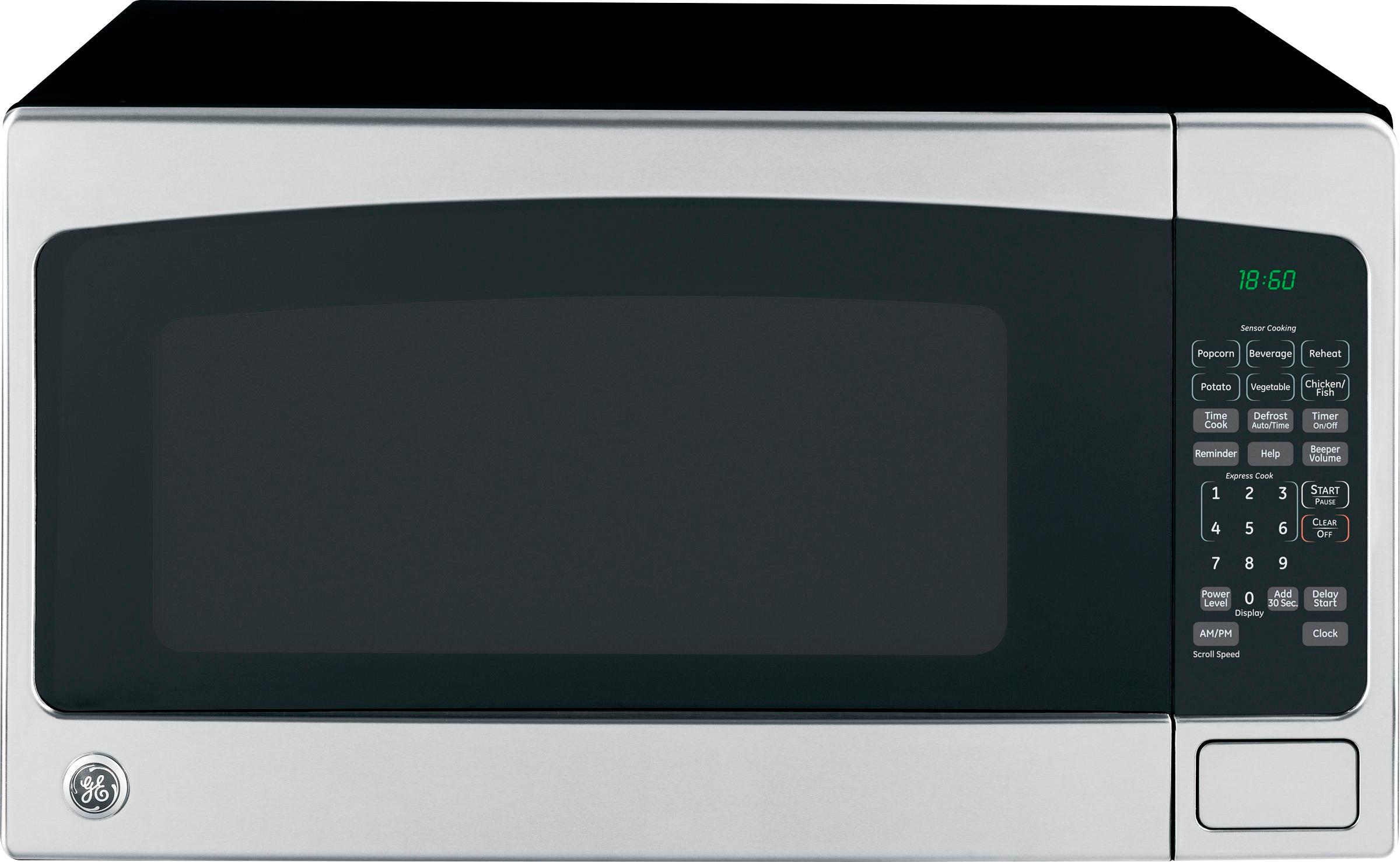When your GE microwave stops working, it can disrupt your daily routine, affecting everything from morning reheats to quick dinner preparations. At TheKitchenApplianceDad.com, we understand how crucial it is to get your appliance back up and running. This guide will walk you through common issues, troubleshooting steps, and solutions to help you fix your GE microwave efficiently.
Understanding the Basics of Your GE Microwave
Before diving into troubleshooting, it’s essential to have a basic understanding of how your GE microwave operates. Microwaves use a magnetron to generate microwave energy, which is then directed into the cooking chamber where it heats the food. This process is controlled by a series of electronic components, including timers, control boards, and sensors.

Common Symptoms of a Non-Working GE Microwave
Identifying the specific symptoms can help you pinpoint the underlying issue. Common signs that your GE microwave has stopped working include:
- The microwave is not turning on
- It doesn’t heat the food
- The turntable is not spinning
- Unusual noises during operation
- Error messages on the display
Step-by-Step Troubleshooting Guide
Check the Power Source
- Ensure the microwave is plugged in: This may seem obvious, but it’s a common oversight.
- Examine the circuit breaker or fuse box: A tripped breaker or blown fuse can cut power to your microwave. Reset the breaker or replace the fuse and try to operate the microwave again.
Inspect the Door Switch
Evaluate the Control Panel
- Reset the microwave: Sometimes, simply resetting the microwave can resolve the issue. Unplug the microwave, wait a few minutes, and then plug it back in.
- Look for error codes: If your microwave has a digital display and shows error codes, refer to the user manual or GE’s website to decode them. This can provide specific insights into the problem.
Check the Magnetron
- Be cautious: The magnetron should only be inspected by a professional due to the high voltage it uses.
- Signs of a failing magnetron: If your microwave turns on but doesn’t heat food, it could be a sign that the magnetron is not working. This component often requires replacement by a qualified technician.
Examine the Turntable Motor
- Inspect the motor: If the turntable isn’t spinning, the motor may be at fault. You can test the motor with a multimeter and replace it if it’s not functioning.
- Ensure the turntable is properly aligned on the base: Sometimes, the turntable can come off its guide, preventing it from spinning.
Listen for Unusual Noises
- Identify the noise: Buzzing, humming, or grinding sounds can indicate various issues. A buzzing sound might suggest a problem with the magnetron, whereas a grinding noise might be related to the turntable motor.
Advanced Troubleshooting
If the above steps haven’t solved the problem, it may be time to delve deeper or consider professional help. Advanced issues such as a faulty control board or issues with the thermal fuse are best handled by a certified technician.
Consult the User Manual
Your GE microwave’s user manual is a valuable resource for troubleshooting specific models. GE also offers support through their website, where you can find manuals and troubleshooting guides.
Contact Professional Service
If troubleshooting doesn’t resolve the issue, contact a professional appliance repair service. You can schedule a service directly through GE Appliances’ website or consult a local technician.
Key Takeaways
- Power Issues: Always start by checking the most basic element – the power supply.
- Common Components to Check: Door switch, control panel, magnetron, and turntable motor.
- Use Resources: Refer to the user manual and GE’s official website for specific troubleshooting related to your model.
- When to Call a Professional: For complex issues or when you’re unsure, it’s safer and more efficient to hire a professional.
By following this comprehensive guide, you should be able to identify why your GE microwave stopped working and take steps to fix it. Remember, safety is paramount when dealing with electrical appliances, so if you’re ever in doubt, it’s best to call in the experts. For more useful tips and appliance advice, keep following TheKitchenApplianceDad.com. Happy troubleshooting!


